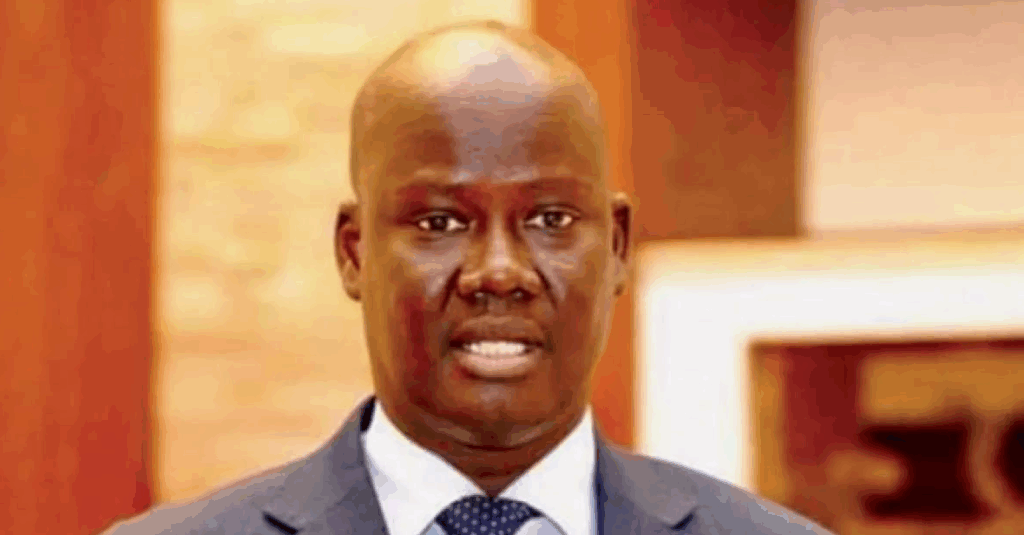South Sudan’s President Salva Kiir Mayardit has reappointed a senior official recently accused of leaking a sensitive government request for a $2.5bn advance payment from energy companies, state-owned television reported on Tuesday.
In the latest of a series of rapid personnel changes, Dr Chol Thon Abel was appointed as undersecretary at the Ministry of Petroleum, replacing Eng. Deng Lual Wol.
The position has changed hands three times between Dr Chol and Eng. Deng since the beginning of November.
The reshuffle comes amid intense lobbying and a dispute over a leaked letter from the petroleum ministry, as well as a purge of officials believed to have links with former Second Vice President Dr Benjamin Bol Mel, who is currently under house arrest in Juba.
On 13 November, an unsigned statement from the petroleum ministry, bearing its official stamp, repudiated correspondence sent to two international oil companies. The leaked letters had requested substantial advance payments.
The ministry’s press release accused Dr Chol of being behind the leak “for ulterior motives” and said an investigation was underway, with plans for prosecution.
Just a week earlier, on 10 November, President Kiir had dismissed Dr Chol from the petroleum undersecretary role and reinstated his predecessor, Eng. Deng. Tuesday’s decree, broadcast on the South Sudan Broadcasting Corporation (SSBC), once again reversed that decision.
Other key institutions
President Kiir also dismissed Ayuel Ngor Kacgor from his position as managing director of the state-owned Nile Petroleum Corporation (Nilepet), replacing him with Emmanuel Athiei Ayual.
The move follows complaints from Nilepet employees, who staged sit-in strikes at the company’s Juba headquarters in June. Staff accused Mr Ayuel of mismanagement, citing months of unpaid salaries, suspended benefits, and unfair promotions.
The president also replaced the director general of the National Communication Authority (NCA), Eng. Gieth Kon Mathiang, with Rizik Dominic Samuel. Mr Gieth had held the role for about six months, during which South Sudan assumed the chairmanship of the East Africa Communications Organization.
Structural failures
Policy analyst Boboya James said the frequent reshuffles reflect deeper problems within South Sudan’s key revenue-generating institutions.
He told Radio Tamazuj that the officials removed were “significant personalities within the technical institutions” and argued that bodies like the Petroleum Ministry and Nilepet have struggled for years to fulfil their mandates.
“For years, the performance of the Petroleum Ministry has deteriorated in managing the oil crisis and regulating production,” Boboya said, also highlighting disruptions linked to the conflict in Sudan.
He added that the quality of South Sudan’s crude oil had declined, affecting its value, and alleged that political networks were influencing appointments to profit from these revenue-generating institutions.
“For how long is the president going to keep bringing in these people and sacking them?” he asked. “What is the value to the people of South Sudan who yearn for good governance?”




